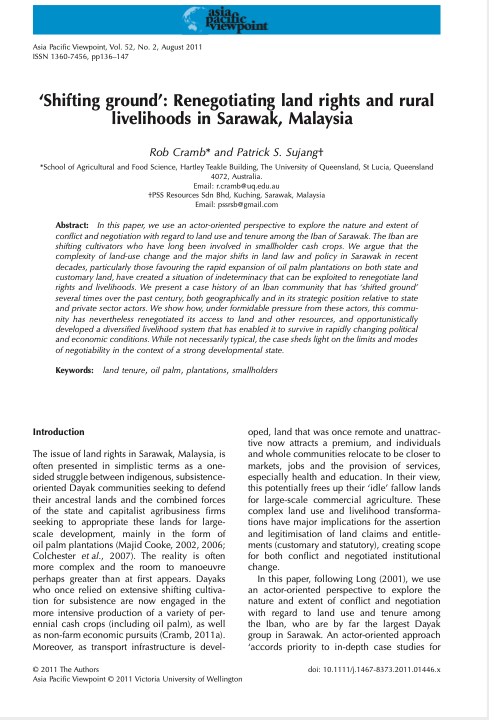Empirical Analysis on Farmers' Willingness to Accept Compensation Whose Land is Expropriated - Based on Survey Analysis on Rural Households in 17 Provinces
According to the data of survey on farmers' land right from Rural Development Institute (the USA) , Renmin University of China and Michigan S ate University, this paper conducts empirical analysis on farmers' willingness to accept compensation ho e land is expropriated and the related influencing factors by adopting Logistic model. The study indicates that the proportion of farmers' non-agricultural income, the level of economic development in the region, participation right and right to vote, exert conspicuous impact on farmers' satisfaction degree whose land is expropriated.




